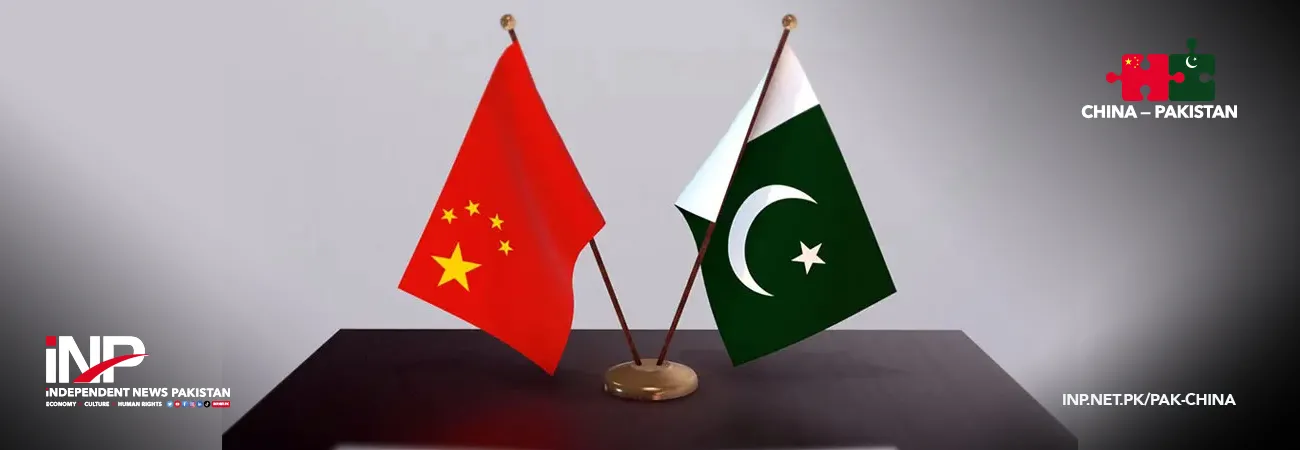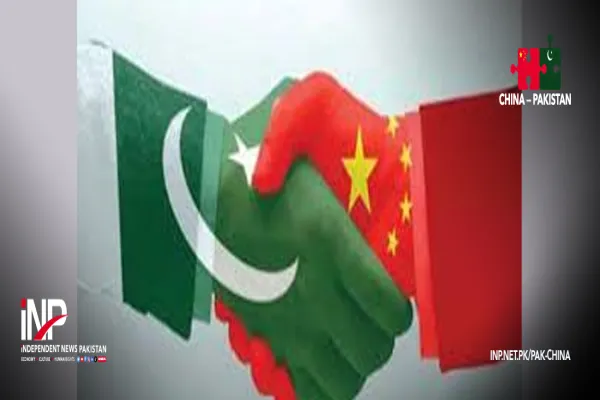i NEWS PAK-CHINA
KARACHI, June 27 (INP): Business to Business (B2B) cooperation with China is upgrading Pakistan’s technology. “Ten years ago, if a Pakistani wanted to use a smart phone, he probably needed to get one from smuggling. Now, the majority of demand can be met with local production, with 8 of the top 10 mobile manufacturers, mostly Chinese companies, have established presence in Pakistan”, said Adnan Aftab, CEO of smartphone manufacturer Airlink Mobile at a seminar held by KASB Ktrade Securities themed “CPEC 2.0: Business Collaboration Between Pakistan and China”. Earlier this month, the company inked an MoU with Chinese technology company IMIKI to manufacture smart wearable devices in Pakistan. This collaboration is an epitome of the transformative B2B cooperation between the two countries going on recently.
In a review of the latest bilateral business dynamism, a number of Pakistani companies which have signed agreements of cooperation with Chinese counterparts during PM Shehbaz Sharif’s visit to China at the beginning of this month gathered at the seminar, discussing joint endeavors in mobile payment, pharmacy, agriculture, logistics, and communications, etc. “Research report has suggested that China’s growth is not an accumulation of labor, but driven by productivity gains,” said Ali Khawaja, Chairman of KTrade Securities, citing an article published by The Economists (TE) on June 15th titled “China has become a scientific superpower”, which serves as a response to a sister TE article five years ago, “Can China become a scientific superpower?”.
It is pointed out in the newly published article that China now contributes to around 40% of the world's research papers on Al, compared with around 10% for America and 15% for the EU and Britain combined.“In areas like computer vision and robotics, they have a significant lead”, the publication quoted Zachary Arnold, an Al analyst at the Georgetown Centre for Emerging Security and Technology.
“China is an example that it is possible to make changes happen in a short period of time”, Ali Khawaja said, adding that when it comes to cooperation with China, soft skills such as youth empowerment, technology transfer, and innovation, can benefit Pakistan beyond investment and market access. The seminar was addressed by Ahsan Iqbal, Pakistan’s Minister for Planning, Development & Special Initiatives, and joined by the team of Pakistan’s Special Investment Facilitation Council (SIFC), Gwadar Pro reported on Thursday.
Credit: Independent News Pakistan (INP) — Pak-China









